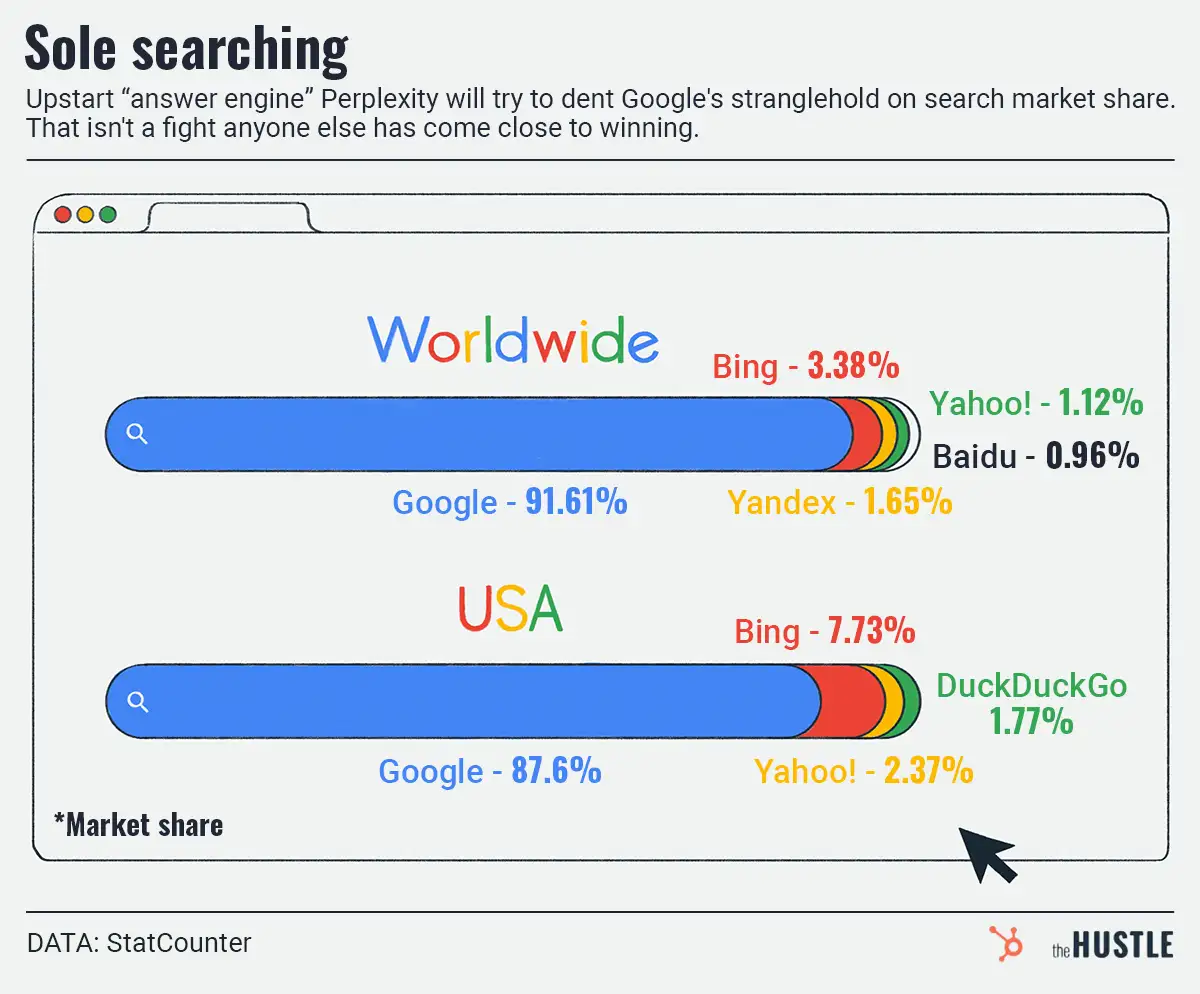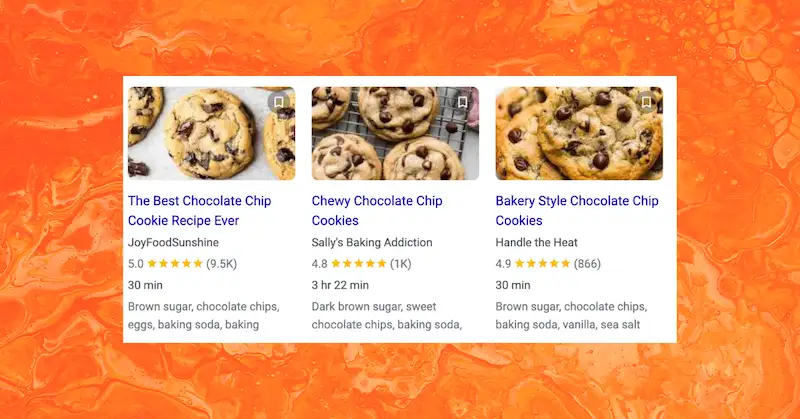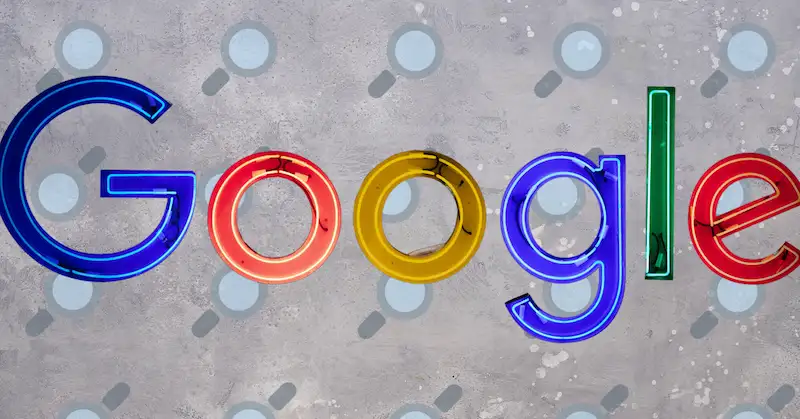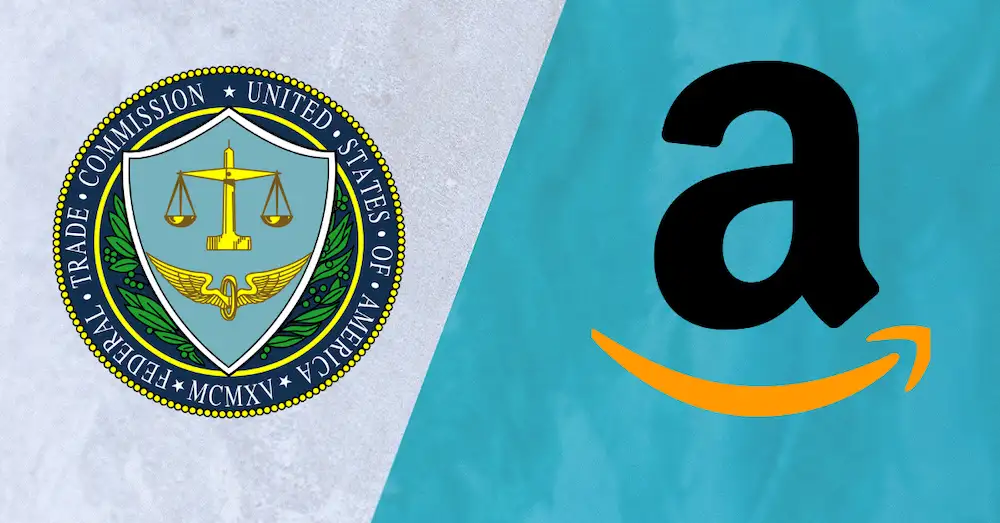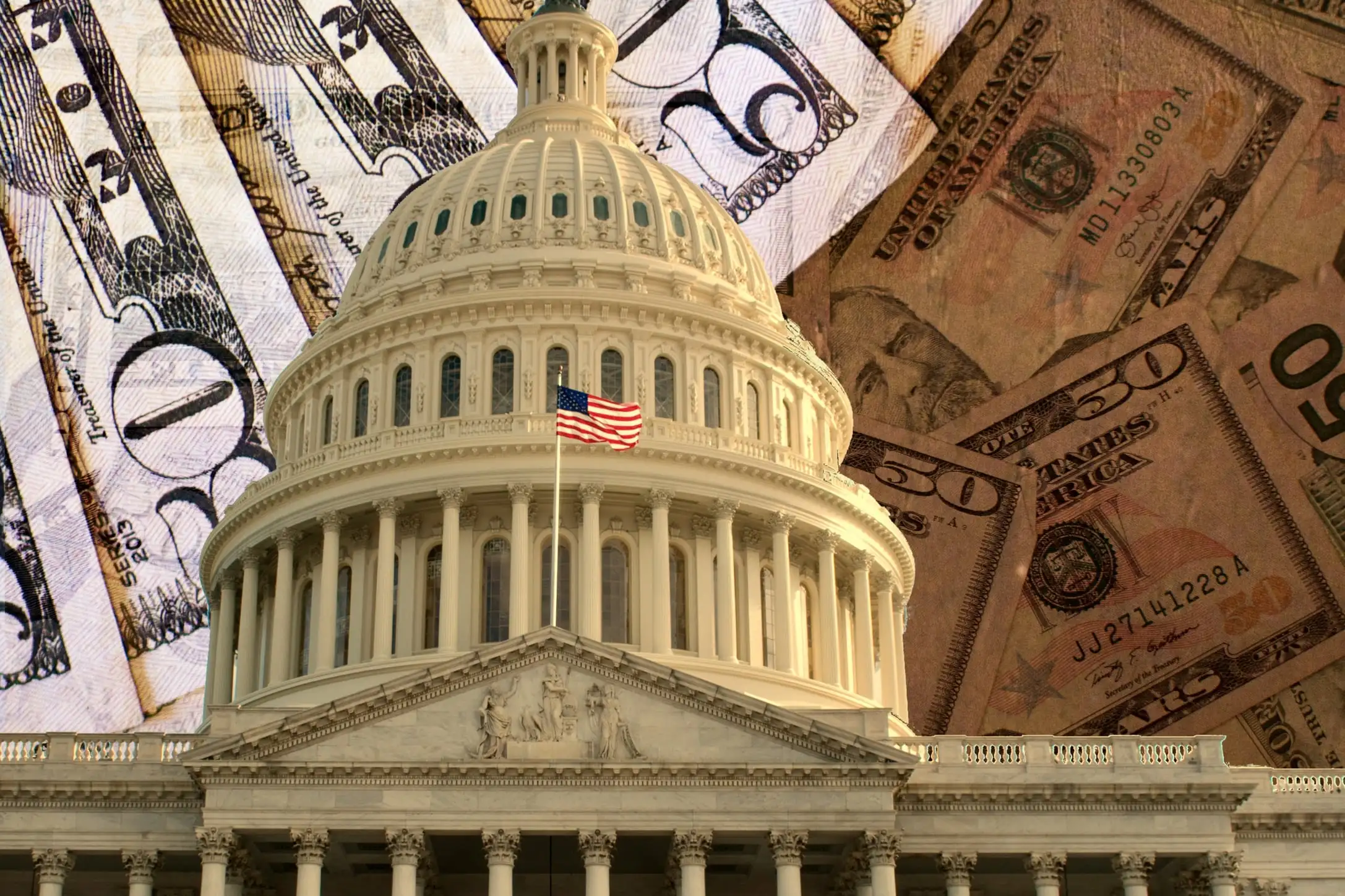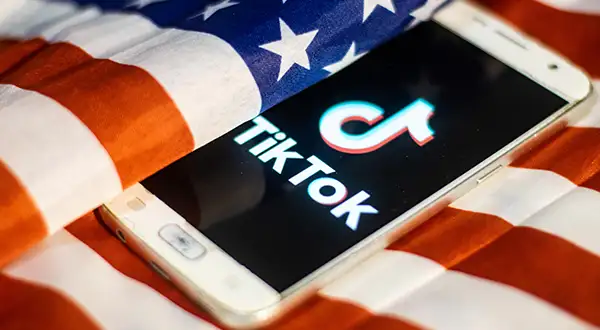Buckle up, people.
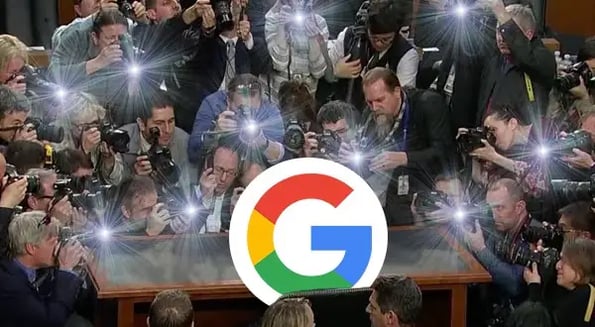
Per the New York Times, the US Justice Department will brief state attorneys general on a Google antitrust case, which the feds could file next week.
The issue? Google harming consumers and competitors with its dominant search position.
Among Big Tech companies, Google has the clearest monopoly
The internet giant has a 90% share of the US search market. On a percentage share basis, the positions for Facebook and Amazon in social site visits (56%) and US ecommerce (35%), respectively, are much less significant.
Critics and competitors complain that Google:
- Prioritizes its own products in search results (think restaurant or travel listings)
- Takes publishers’ content without linking to their sites (think the Answer Box)
- And dominates the ad-tech biz
This isn’t the first antitrust rodeo for Google: in 2013, the Federal Trade Commission investigated whether Google searches were biased — but concluded the company didn’t violate any laws.
More recently, the search giant had to change its Play Store policy for Android phones following an EU antitrust case.
But Amex has created a ready-made defense for Google
In a recent Supreme Court case, US states sued American Express (Amex) for charging merchants exorbitant fees and not letting its customers ask for the option to switch to Visa or Mastercard.
Amex offered a “novel” defense that could apply to Google’s current predicament, says antitrust writer Matt Stoller: it wasn’t enough to show that a monopoly existed, but that the company’s policies towards merchants resulted in a net loss across the entire payment network.
In its case, Amex cited the fact that it offered points to consumers, which offset any losses sustained by the merchants.
The argument worked
The Supreme Court sided narrowly with Amex, giving powerful companies “de facto antitrust immunity,” according to legal scholar Lina Khan.
Following this reasoning, Google can say its entire search network is a net positive as the company lowers total ad costs and helps publishers make money by funneling traffic.
However Google plays it, there will surely be fireworks. This could be the biggest monopoly case since Microsoft and — if it makes its way to the Supreme Court — may be decided by whomever replaces Ruth Bader Ginsburg’s seat.


